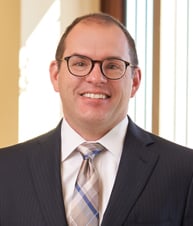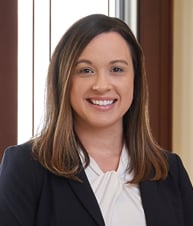In re: Forest, No. 2023-1178 (Fed. Cir. (PTAB) Apr. 3, 2025). Opinion by Chen, joined by Taranto and Schall.
In 2016, an inventor filed a patent application that claimed priority to an application filed in 1995. The Patent Trial and Appeal Board affirmed in part an Examiner’s rejection of certain claims for obviousness and nonstatutory double patenting, and the inventor appealed.
In the appeal, the Patent Office raised a threshold issue, arguing that the appeal should be dismissed because the inventor has no personal stake in it. The Patent Office explained that even if the application were to issue as a patent, the patent would have expired in 2015—twenty years after the priority date—meaning the patent would expire before the application was filed. The Patent Office argued that the inventor cannot be granted any enforceable rights by an expired patent with zero term.
In response, the inventor argued that he would still acquire “provisional rights” under 35 U.S.C. § 154(d) if the Patent Office issued him an expired patent. Those provisional rights run from when the application is published until the patent issues.
The Federal Circuit endorsed the Patent Office’s view, ruling that “provisional rights do not materialize until the Patent Office issues a patent.” Here, because the patent would not be granted until after its expiration date, the inventor would never receive any exclusionary rights, and thus the inventor cannot receive provisional rights.
The Federal Circuit thus held that “provisional rights are granted only when a patent would issue with exclusionary rights (i.e., would issue before its expiration date).” In reaching that holding, the court examined the statutory text for § 154(d), the legislative history, and other uses of “provisional” in patent law and in the Patent Act, ultimately concluding that “the statute, when read in context, dictates that provisional rights must be granted with and precede the grant of exclusionary rights.” For those reasons, the Federal Circuit dismissed the appeal.

